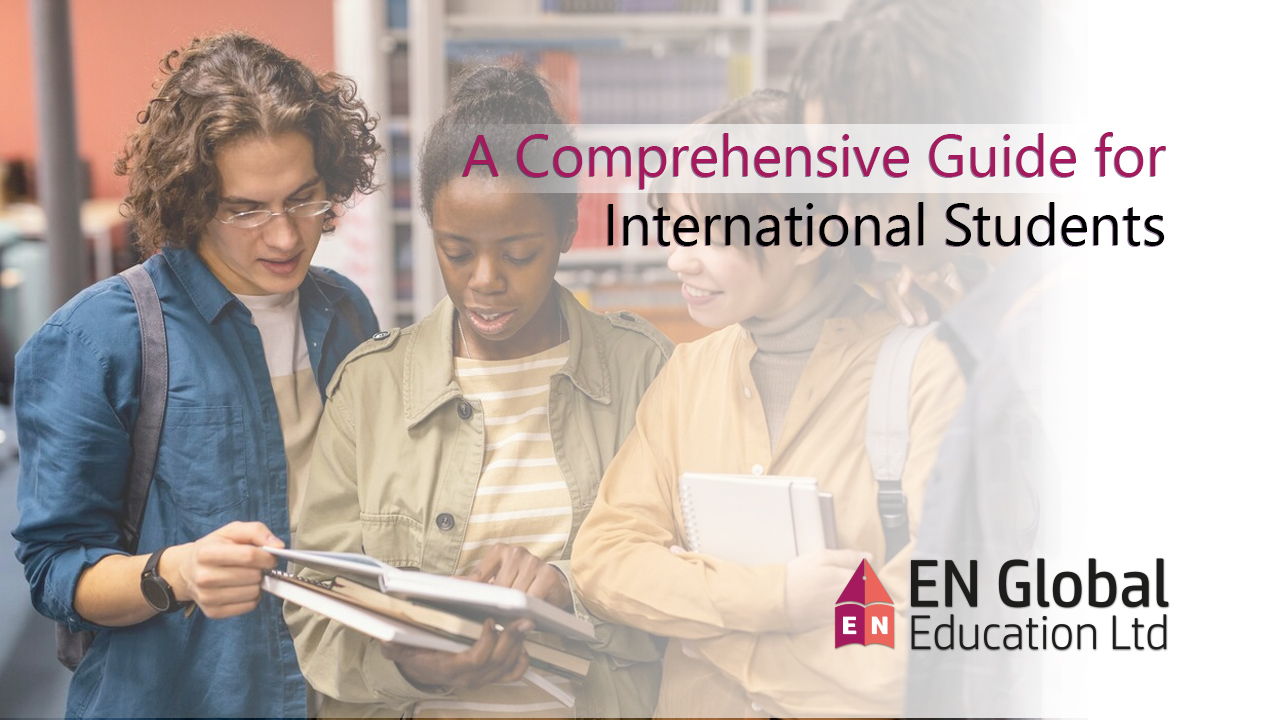Ireland’s higher education institutions offer internationally recognized qualifications and over 5,000 courses to choose from. Throughout the world, Ireland is known for its education excellence. Since Ireland is part of the European Union, studying in Ireland gives you the potential to travel or work in Europe! With Ireland’s top quality education and affordable tuition, it’s one of the best and most cost-effective ways to experience the culture and history of both Ireland and mainland Europe.
1. Choosing the Right Institution:
Ireland boasts several esteemed universities and colleges, each with its own strengths. Research and choose an institution that aligns with your academic and personal goals. Consider factors such as location, course offerings, and campus facilities. There are over 13 public universities and 9 private universities in Ireland. These universities offer a wide range of programs including engineering, business, humanities, medicine, law, and science.
2. Visa and Admission Requirements:
Once you’ve selected a program, familiarize yourself with the visa and admission requirements. The Irish Naturalization and Immigration Service (INIS) manages student visas. Ensure all documentation, including proof of acceptance, financial statements, and health insurance is in order.
3. Cost of Living and Budgeting:
Understand the cost of living in Ireland and create a budget. Consider accommodation, transportation, food, and other personal expenses. Many universities offer support services to help students manage their finances. The living expense could range approximately €800-€1,300 EUR per month and annually €7,000 to €12,000 EUR which is a pretty affordable option for overseas students.
4. Accommodation Options:
Explore accommodation options, including on-campus residences, private rentals, and homestays. Start your search early and consider factors such as location, cost, and amenities.
5. Embracing Irish Culture:
Immerse yourself in the rich Irish culture. Attend local events, festivals, and explore historical sites. Engaging with the local community will enhance your overall experience.
6. Work Opportunities:
Ireland allows international students to work part-time during the academic year and full-time during scheduled breaks. Leverage these opportunities to gain practical experience and supplement your finances.
7. Health and Well-being:
Understand the healthcare system and ensure you have appropriate health insurance coverage. Register with a local general practitioner to access medical services when needed.
Studying in Ireland offers a unique blend of academic excellence and cultural immersion. Hopefully, as an international student, you can make informed decisions and fully embrace the opportunities that this captivating country has to offer.




